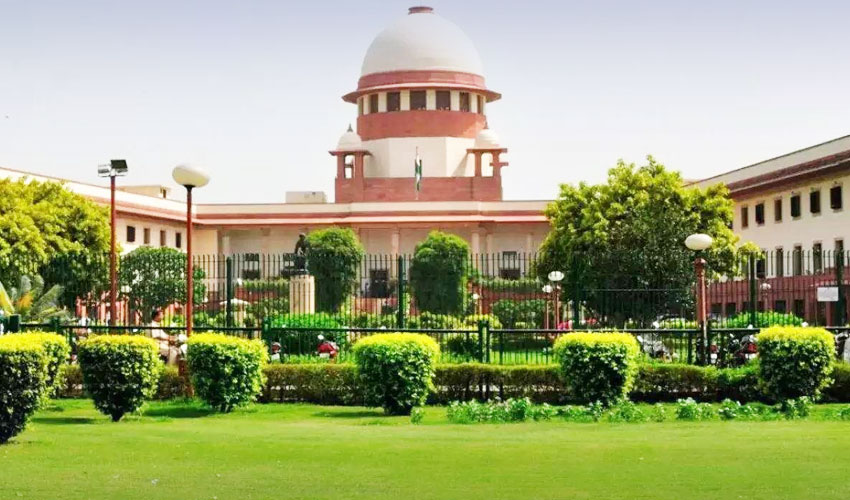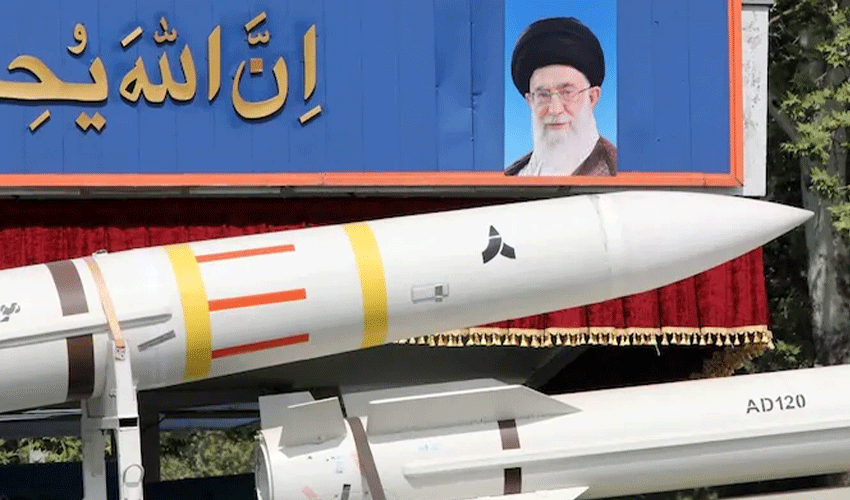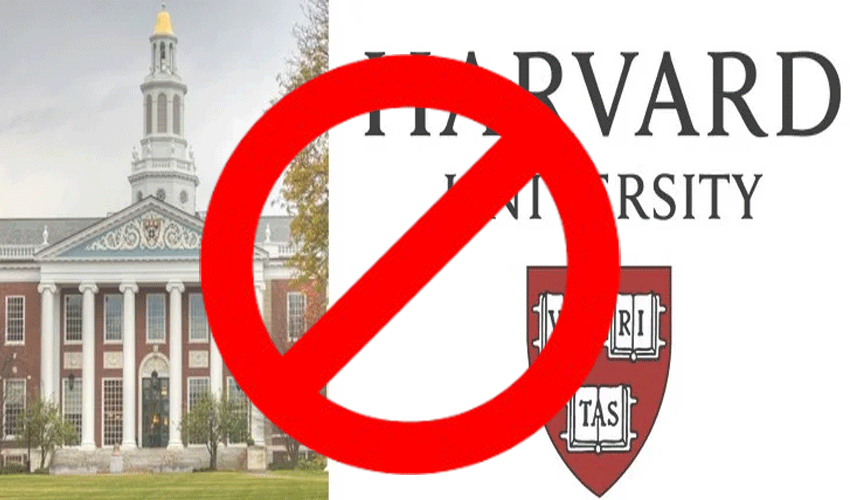India's Supreme Court overturned the early release of 11 Hindu men convicted for life of gang-raping a pregnant Muslim woman and murdering her family members during the 2002 Gujarat riots.
A lawyer said the court ordered the men to return to prison within two weeks.
The victim, Bilkis Bano, was three months pregnant when she was attacked during the riots that swept through Gujarat, killing over 1,000 people, primarily Muslims. Seven of her family members, including her three-year-old daughter, were also murdered. The 11 men were convicted in 2008 and sentenced to life imprisonment.
Prime Minister Narendra Modi was Gujarat's chief minister at the time, while his Hindu nationalist Bharatiya Janata Party (BJP) still rules the state.
In August 2022, the Gujarat government controversially released the men on remission of their sentences considering the time they had served and their good behaviour. This decision sparked widespread outrage and legal challenges, including a petition from Bano herself.
On Monday, the Supreme Court ruled that the Gujarat government lacked the authority to grant the remissions since the trial had been moved to Mumbai, placing the decision-making authority with the neighboring state of Maharashtra.
"The court has said that the law is clear, the appropriate government is the government where the accused are tried and sentenced," said noted lawyer Vrinda Grover, who represented the petitioners in the case.
The court also found that the 2022 order that allowed the Gujarat government to consider remission was obtained fraudulently and by concealing crucial facts. This finding adds another layer of controversy to the already sensitive case.
"Gujarat government usurped the powers of Maharashtra government... which in our opinion is a nullity," the court said, according to news website Live Law.
The Gujarat government has yet to issue a formal statement regarding the Supreme Court's decision. Meanwhile, the future of the 11 men remains uncertain as they must return to prison and await further legal proceedings.
This case has drawn significant attention due to its tragic nature, the involvement of high-ranking officials, and the legal complexities surrounding the remissions. The Supreme Court's decision serves as a crucial reminder of the importance of upholding justice and ensuring proper legal procedures, especially in such sensitive cases



























